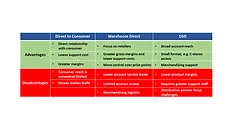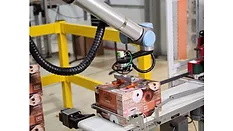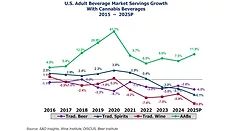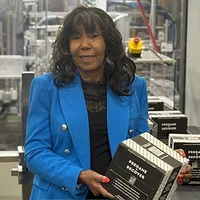
Market Insights
Beverage market experts offer their insights about a range of topics including demographics, sustainability, formulation, facility planning and more.
Articles
More ArticlesElevate your expertise in the beverage marketplace with unparalleled insights and connections.
Join thousands of beverage professionals today. Shouldn’t you know what they know?
JOIN NOW!Copyright ©2026. All Rights Reserved BNP Media.
Design, CMS, Hosting & Web Development :: ePublishing




